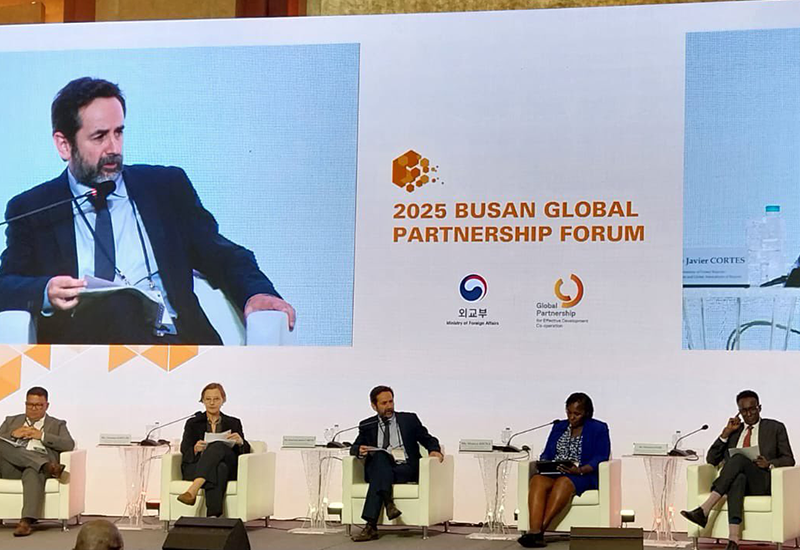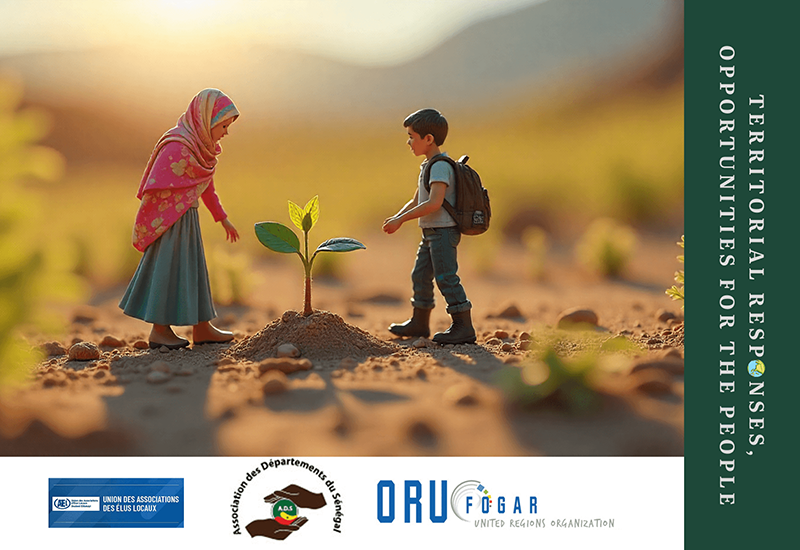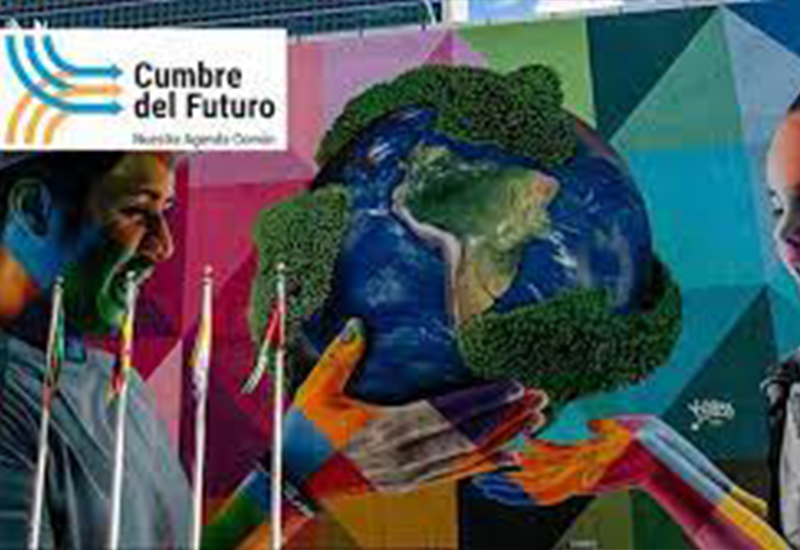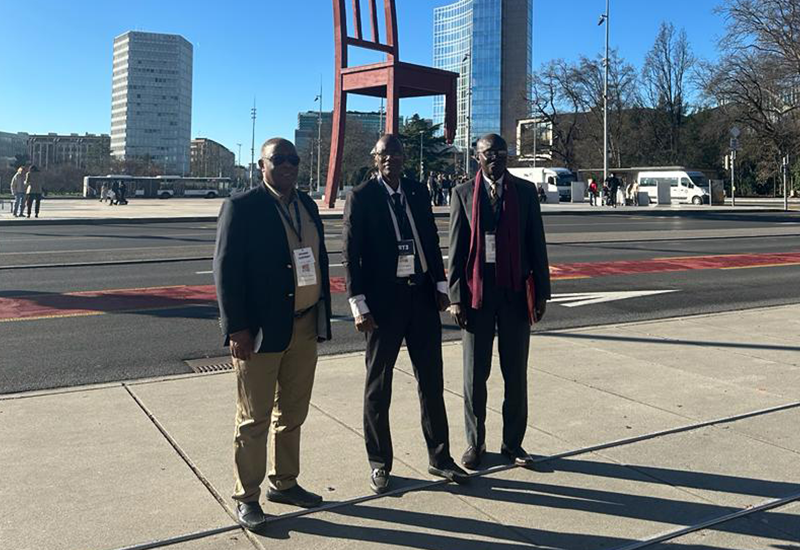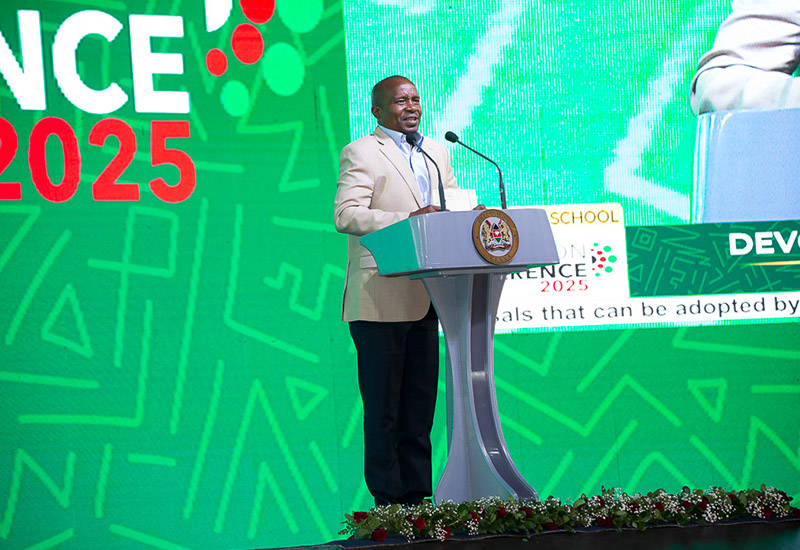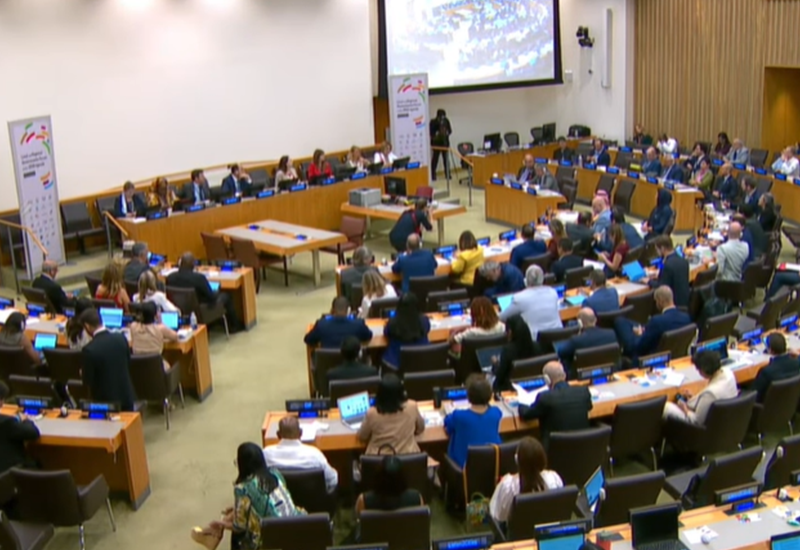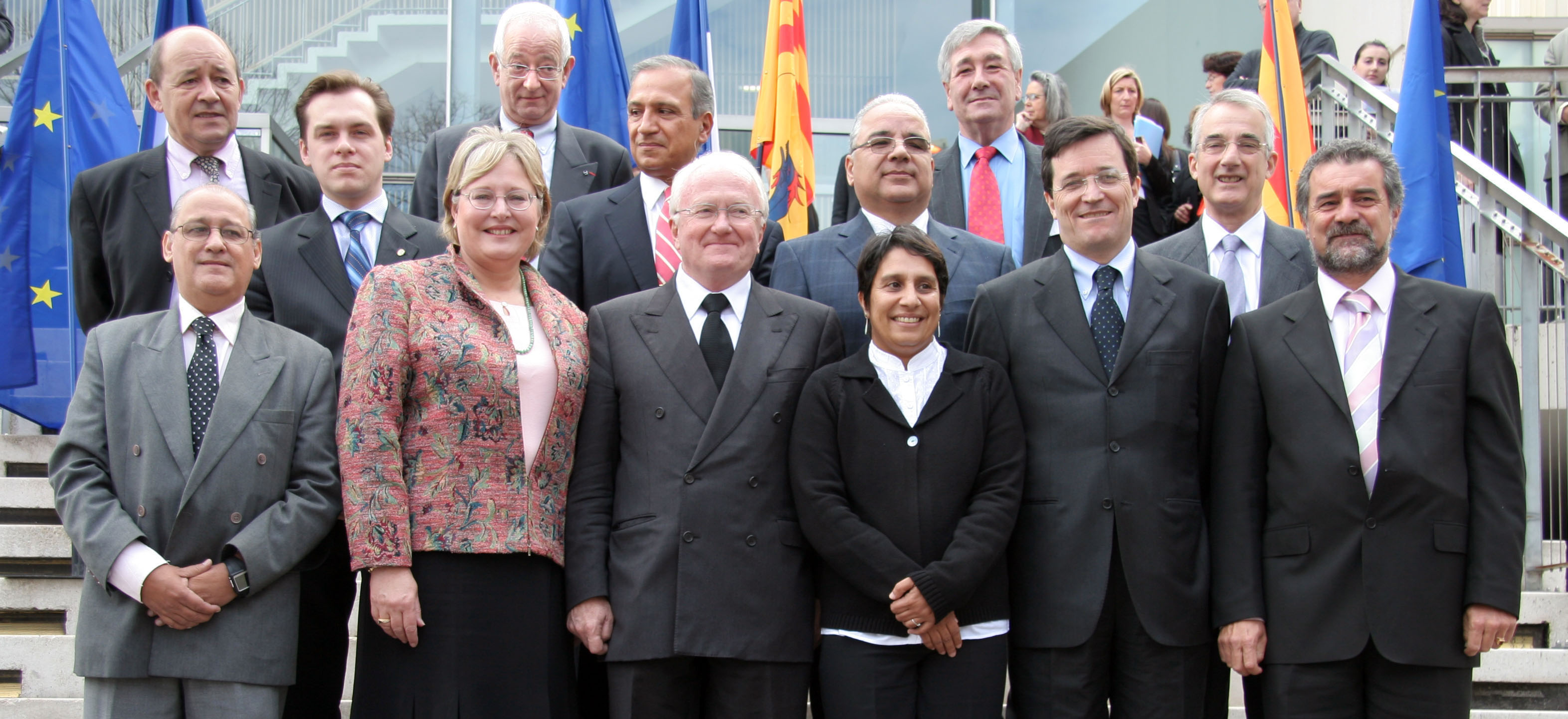
Thierry Cornillet
European Deputy
Founding President of the International Association of Francophone Regions
10 years ago, in Marseille, leaders of regional associations and regional presidents held a meeting to create ORU Fogar, the United Regions Organisation.
We believed that its creation was essential, because united we can strengthen our voice and give the regions the position they deserve within the institutional architecture of all countries.
United, of course, but for what purpose?
First of all, to spotlight the first subnational level that exists in all the states and all the countries, between the State and the local authorities. There are “regions” everywhere, no matter what name they are given: governorate, department, region, etc.
This first level is present in the powers’ architecture of all countries.
The idea was, largely, to create a lobby, a pressure group that would become the spokesperson of all people and institutions involved.
Secondly, to consider this level as a key element in management.
Three reasons explain it and prove it:
1- It is close to the citizens and the representatives of their identity.
2- Relay of the State, not its replacement.
3- Capable of generating its own services to better meet the needs of the populations.
The application of the subsidiarity principle, which in a clearer language means that management must be entrusted to the level that is more capable of ensuring it, was pursued.
It was necessary to structure an organisation to host the members, which had international recognition, to become a global partner in the dialogues with the UN, the FAO, the European Union, etc.
All regions share indeed the will to ensure efficacity on the field at the service of the population and to reassert that they are not competing with the State but supporting each other to cooperate and exchange good practices.
This third issue is essential, as they all face the same problem and they can implement the same solutions, without reinventing the wheel. It is enough to turn to partners who have found solutions to the same problem and that have similar financial or administrative situations. It is also important to focus on decentralized South-South cooperation and not only North-South.
The ascertainment made 10 years ago is still valid, the time has come for a mid-term review.
All we need to do now is to remain fully mobilised to welcome new regions or regional associations. ORU FOGAR must keep growing. An idea that is gaining importance is the possibility of structuring by continent, because although the language is usually different, the problems are often the same and the solutions can be easily reproduced.
We also need to continue to advocate for the maintenance of the regional level, but making sure that it has the necessary resources and that it enjoys the confidence of the States. The new parameters will have to be considered, and I’m namely thinking of the metropolisation.
For that, the regions need to set the example of their expertise, organizing for example large international events on shared topics, like the fight against famine, as it has been proposed.
Social networks and email should be used without hesitation to get the message across.
Finally, it is important to restate over and over that the regional level is one of the best answers to globalisation as it combines proudness of the home territory, openness towards others and eagerness to implement the millennium goals and to attain maximum satisfaction of the population.
The fight for decentralisation and deconcentration is still of relevance today.
I am confident that the team led by President Sekkal and the Secretary General Llorens will succeed in implementing this project.

